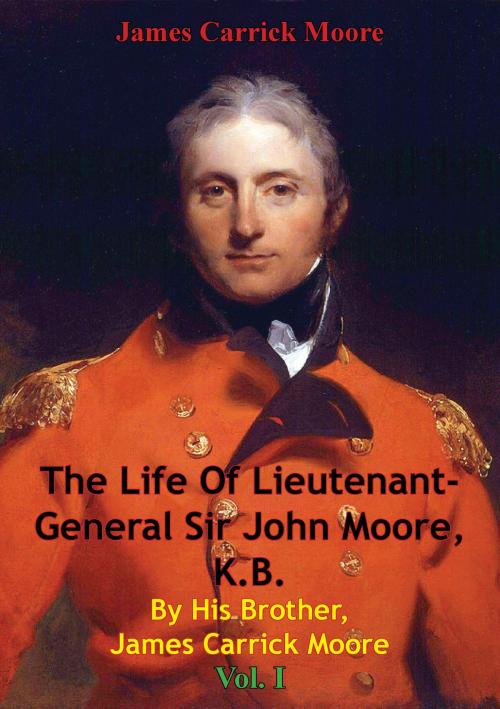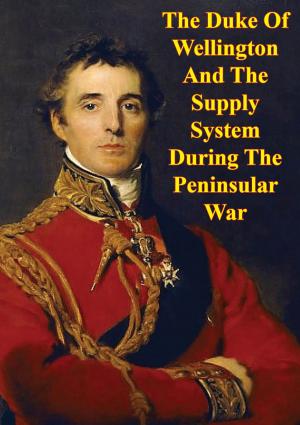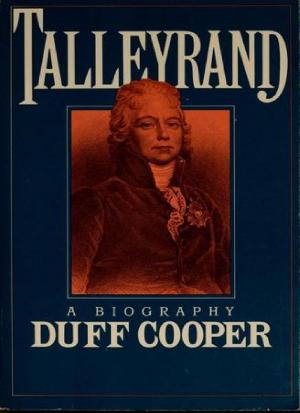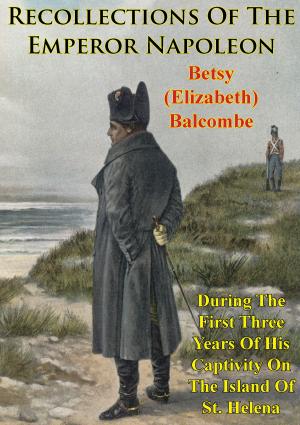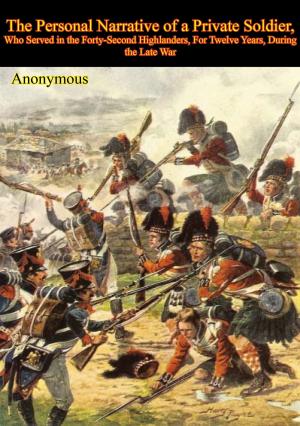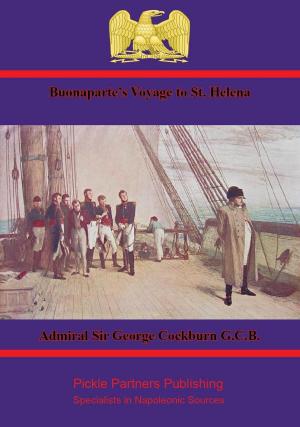The Life Of Lieutenant-General Sir John Moore, K.B. By His Brother, James Carrick Moore Vol. I
Nonfiction, History, Spain & Portugal, France, Military| Author: | James Carrick Moore | ISBN: | 9781786250957 |
| Publisher: | Wagram Press | Publication: | November 6, 2015 |
| Imprint: | Wagram Press | Language: | English |
| Author: | James Carrick Moore |
| ISBN: | 9781786250957 |
| Publisher: | Wagram Press |
| Publication: | November 6, 2015 |
| Imprint: | Wagram Press |
| Language: | English |
Sir John Moore died at the height of his glory, having just defeated Marshal Soult’s French forces at the Battle of Corunna in 1809 during the Peninsular War. On his lips as he died he hoped that the British Public would remember him and that they would be proud that he had done his duty.
However, his Peninsular glory was only the swansong to a remarkable career in the British Army, born in 1761 to Dr. John Moore, a well-known Glasgow doctor, his achievements and service span some thirty years. He first saw action during the American War of Independence in 1778 and was to see much more in the limited campaigns around the world, before the Wars of the French Revolution and the rise of Napoleon, in campaigns in Corsica, the West Indies and Ireland.
By 1799 he was a Major-General and part of a new breed of British Officer, more humane in his treatment of the troops under his command and a stickler for training.
In 1808 he was sent to take over command of the British forces in Spain and Portugal, knowing that he had been given command of the only field army that Britain possessed he was initially cautious. However being given false evidence of stout Spanish resistance he marched his men into Spain; however in reality he was the only formed body of troops standing in the way of all of Napoleon’s armies. Determined to do some good and perhaps escape intact, Sir John led his men against the outlying corps of Marshal Soult, although he was forced to run full tilt toward Corunna as Napoleon sent all of his mighty legions after him. To Moore’s eternal credit he was able to win the Battle of Corunna, embark the majority of his soldiers for further battles and give Spain, Portugal and Britain time to engineer the successes of later years.
A fitting biography of one of Britain’s unsung heroes.
Sir John Moore died at the height of his glory, having just defeated Marshal Soult’s French forces at the Battle of Corunna in 1809 during the Peninsular War. On his lips as he died he hoped that the British Public would remember him and that they would be proud that he had done his duty.
However, his Peninsular glory was only the swansong to a remarkable career in the British Army, born in 1761 to Dr. John Moore, a well-known Glasgow doctor, his achievements and service span some thirty years. He first saw action during the American War of Independence in 1778 and was to see much more in the limited campaigns around the world, before the Wars of the French Revolution and the rise of Napoleon, in campaigns in Corsica, the West Indies and Ireland.
By 1799 he was a Major-General and part of a new breed of British Officer, more humane in his treatment of the troops under his command and a stickler for training.
In 1808 he was sent to take over command of the British forces in Spain and Portugal, knowing that he had been given command of the only field army that Britain possessed he was initially cautious. However being given false evidence of stout Spanish resistance he marched his men into Spain; however in reality he was the only formed body of troops standing in the way of all of Napoleon’s armies. Determined to do some good and perhaps escape intact, Sir John led his men against the outlying corps of Marshal Soult, although he was forced to run full tilt toward Corunna as Napoleon sent all of his mighty legions after him. To Moore’s eternal credit he was able to win the Battle of Corunna, embark the majority of his soldiers for further battles and give Spain, Portugal and Britain time to engineer the successes of later years.
A fitting biography of one of Britain’s unsung heroes.
